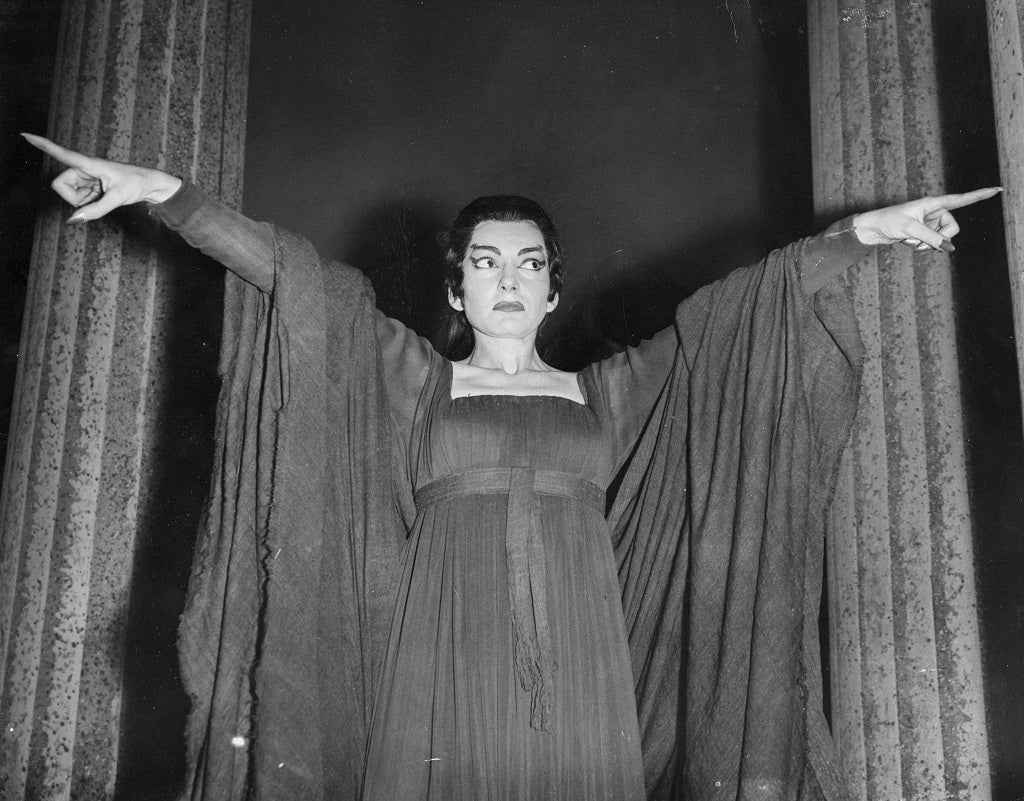Errors and Omissions: Medea may be a sorceress and a murderer, but she's no femme fatale
Our legendary pedant on the dead metaphors yet to be airbrushed from history, what it is that makes a femme fatale, and the proper form of cricketing cliché.

On Tuesday we reported on the Saudi edition of the Ikea catalogue, with all women removed from the pictures. A hilarious illustration showed two versions of the same photograph. In the original a couple and their two children enjoy the amenities of an Ikea bathroom. In the Saudi edition there is only a man and two children, the young mother having disappeared.
The headline said: “Ikea airbrushes women from its Saudi catalogue.” It is years since anybody used an airbrush – a kind of spray gun – for such a purpose. It was modern digital technology that spared Saudi readers the unsettling sight of a human female dressed in nothing but stout cotton pyjamas.
But things are still “airbrushed” out of history, as well as out of catalogues, and probably will be for a very long time. After all, how long is it since anybody battened down a hatch or changed horses in mid-stream?
Turning to a sports page on the same day, you would have found this: “It is clear that he loves and respects golf… and understands that to truly appreciate its gifts golfers must pass through the ringer.”
“Ringer” should be “wringer”, but even after that correction, we are left wondering how many readers know what a wringer is. It is half a century since spin dryers superseded that Victorian contraption of hand-cranked rollers. But it still does service as a metaphor for a harrowing experience.
Fatal mistake
An art review published on Wednesday referred to “Medea, one of the many femme fatales to occupy the imagination of the late-Victorian era”. Two things to observe here. As usual, our French is not comme il faut. The plural of “femme fatale” is “femmes fatales”. And does Medea really qualify as a femme fatale anyway – that is to say, a seductive woman whose irresistible charms lead men into trouble?
Her story is this. The hero Jason turns up in her father’s kingdom intent on stealing the Golden Fleece. She falls in love with him and uses her magical powers to help him, on condition that he takes her home with him and marries her. This he does, but later deserts her for another woman. She murders their children.
There are plenty of femmes fatales in ancient stories – Cleopatra, Salome, Delilah. But Medea? She is undoubtedly a sorceress and a murderer, but in her relations with men she is more sinned against than sinning.
No ball!
“It would be naive to expect the Labour leadership to do this off its own back,” wrote Owen Jones in his Monday column. The expression is “off its own bat”. It is an old cricket term, referring to runs made by hitting the ball, as opposed to extras.
A cliché can become so familiar that people forget what it means and just mouth something that sounds like it.
Just an act
“She’s the drug-addled, foul-mouthed student who steals the show in Channel 4’s Fresh Meat, but Zawe Ashton is a lot more nuanced than her character,” said the introductory blurb to an interview in last Saturday’s Magazine.
What, you mean an actor isn’t really like the character she plays? She’s only pretending? Who would have thought it?
Join our commenting forum
Join thought-provoking conversations, follow other Independent readers and see their replies
Comments
Bookmark popover
Removed from bookmarks